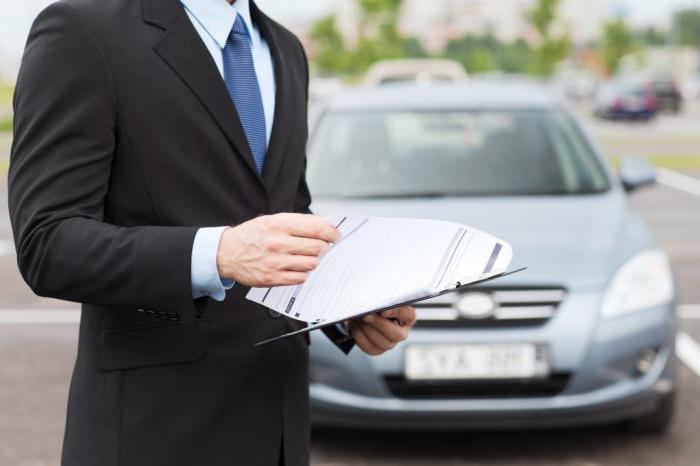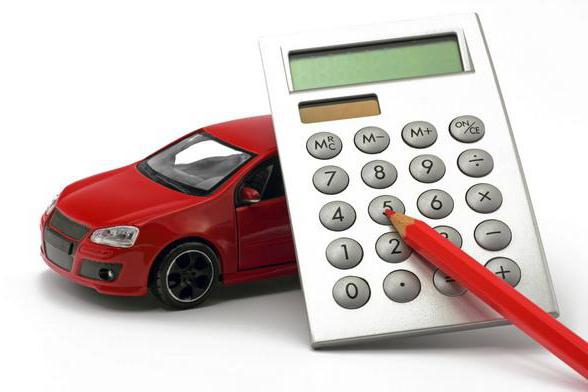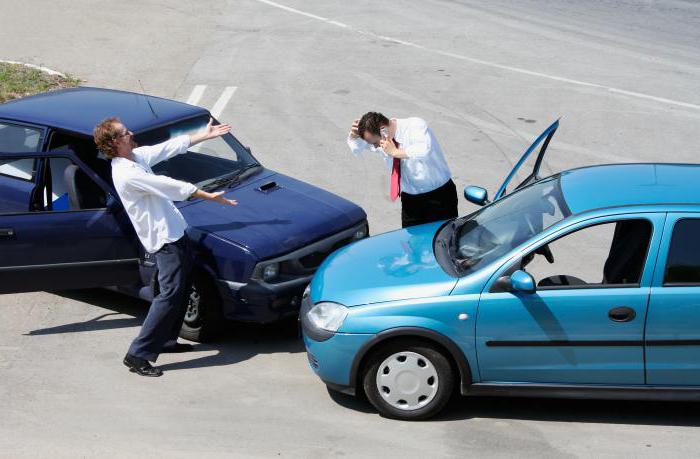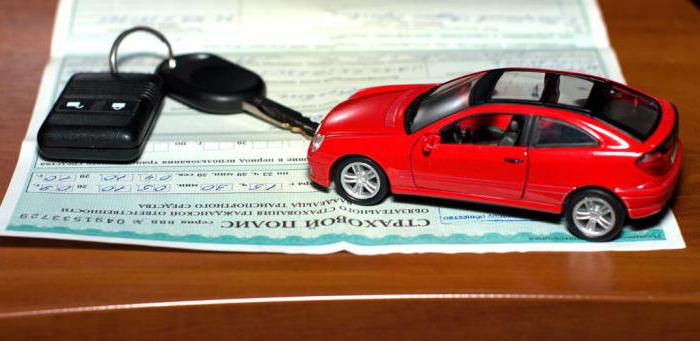There are frequent cases when the owner of the vehicle transfers it for use to another person, for example, a relative or friend. As a general rule, such a transfer of rights can be carried out on the basis of a power of attorney. This is a document that empowers individuals to perform certain actions. Until 2012, when transferring the right to drive a vehicle, a power of attorney was mandatory. In fact, after the legislative changes regarding the Rules of the Road come into force, the car owner can add a person to the insurance policy and transfer the right to drive the vehicle on the basis of only a driver’s license. But, in view of the inaccurate wording of legal regulations, not everyone clearly understands whether a power of attorney is needed if inscribed in insurance. Therefore, it is worthwhile to understand that issue in detail. 
On the basis of what can I transfer the right to drive a vehicle?
In accordance with applicable law, the fact of a car transfer can be recorded in the following ways:
- by entering the relevant information into the insurance policy;
- by issuing a power of attorney.
Documents presented at the request of the traffic police officer
In accordance with the amendments to the Resolution of the Government of the Russian Federation “On Road Traffic Rules” that have entered into force, the driver is obliged to present the following documents to the authorized person of the State traffic inspectorate for inspection:
- Driving license or temporary driving permit.
- Certificate of registration of the car and trailer (if any).
This document is not required only for technical equipment such as a moped (for example, a scooter) and trailers for them.
- CTP policy.
Thus, this list automatically answers the question of whether a power of attorney is needed, if inscribed in the insurance. The law does not provide for the obligation to draw up such a document for the right to drive a car with the obligatory presentation of such to the traffic police. 
Why do I need a power of attorney?
The document itself gives the right to its owner not only to drive the car, but also to carry out some actions on behalf of the principal (owner of the vehicle).
Such actions include registration of the insurance policy. It is much more convenient to do this exactly for the person who constantly uses the car, because the owner may not always be in the access zone, and the validity of the policy is limited.
In addition, the person owning and using the vehicle on the basis of a power of attorney has the right to carry out registration actions in relation to a car, undergo an annual technical inspection and even make purchase and sale transactions (if this is provided for by the content of the power of attorney). 
The content of the executed power of attorney strictly defines the powers that the authorized person is entitled to exercise.
This can be a fairly narrow list of powers, for example, exclusively the right of management. Moreover, all other actions can be carried out only by the owner of the vehicle.
The vehicle evacuated to the penalty parking is entitled to be collected only by its owner or a person vested with such powers.
If the driver constantly uses a trusted car, it is advisable to have a wider range of powers.
If you intend to travel outside the Russian Federation in an authorized car, a power of attorney certified by a notary will also be required. The only exceptions are trips to Kazakhstan and Belarus.
Does the presence of a power of attorney affect the establishment of the owner of the vehicle?
The presence of a power of attorney in itself, securing the driver’s right to drive a particular vehicle, is not conclusive evidence of this right. After all, an employee of the traffic police who stopped the driver on the road will not be able to confirm or deny the authenticity of the presented document (in particular, the authenticity of the signature of the vehicle owner).
Standard forms of power of attorney for a car are sold in stores, and you can fill them out by hand.
As for the notarized document, its original, as a rule, is in the hands of the owner. At best, the driver will be able to provide only a duplicate.
How to issue a policy for compulsory motor third-party liability insurance so that no power of attorney is required
Of great importance in the matter of driving someone else's vehicle is the correct execution of the insurance policy.
For this, the data of the driver (s) with the right to drive the vehicle is entered into the insurance, or the policy is issued without restrictions (without specifying the persons entitled to drive the car).
Registration of insurance gives any citizen who is included in the insurance policy and who has a driver’s license the relevant powers. This document continues to be always presented at the request of the traffic police officer.
How much does it cost to enter a person in insurance?
If the owner wants to give several more citizens the right to drive a vehicle, the agent will require a surcharge for this service. It will depend on how much it costs to enter a person in the insurance. The price will vary depending on the age, driving experience and frequency of participation of a particular driver in traffic accidents. 
Making a policy without restrictions will cost much more than a standard form. However, this will help you save on notary services, as you can transfer the car to any citizen at your discretion.
Responsibility of road accident participants
According to article 1072 of the Civil Code of the Russian Federation, a person who insures his liability under compulsory insurance indemnifies the damage caused to the injured party in an amount exceeding the amount of insurance compensation (that is, the difference between the amount of damage covered by the insurance and the amount of actual damage is paid). According to civil law, a car is classified as a means of increased danger to others.
According to civil law, a car is classified as a means of increased danger to others.
Damage caused to property, as well as to life and health, is subject to compensation in accordance with civil law. According to article 1079 of the Civil Code of the Russian Federation, liability for damage caused as a result of an accident is:
- Vehicle owner;
- Direct participant in an accident, owning and driving a car by proxy. These include people who are insured.
From the meaning of these norms, it follows that the owner of the car is fully responsible for the actions of the driver who was driving when an accident occurred.
The only way to prove the opposite is if there is a power of attorney granting the right to drive the vehicle, which the court will take into account.
The MTPL policy, issued without restrictions and giving the right to transfer the car to any citizen, does not relieve the owner of the vehicle if the citizen driving the car becomes a participant in an accident.
On the contrary, the presence of a general power of attorney for the car, drawn up in the name of the culprit of the accident, will help redirect claims of the victims to this person.
If the burden of redressing the harm falls on the rightful owner of the vehicle, then the only way to recover the costs of payments made by the owner is to recover from the real culprit the compensation paid to the victim in recourse.
This fact should be taken into account when transferring control to a person inscribed in insurance. 
Do I need a power of attorney?
Summing up the above, we can draw several conclusions. The answer to this question, whether a power of attorney is needed, if inscribed in the insurance, reads as follows:
- It is not necessary, from the point of view of legislation, provided that you fully trust the person to whom you transfer your vehicle. The lack of a power of attorney will not affect his relationship with government officials.
- Necessarily necessary from the point of view of possible consequences and ease of use of the vehicle by an authorized person. We have already mentioned possible troubles and difficulties associated with using a vehicle without issuing a power of attorney.
Next - the decision whether a power of attorney is needed, if inscribed in the insurance, remains with the owner.